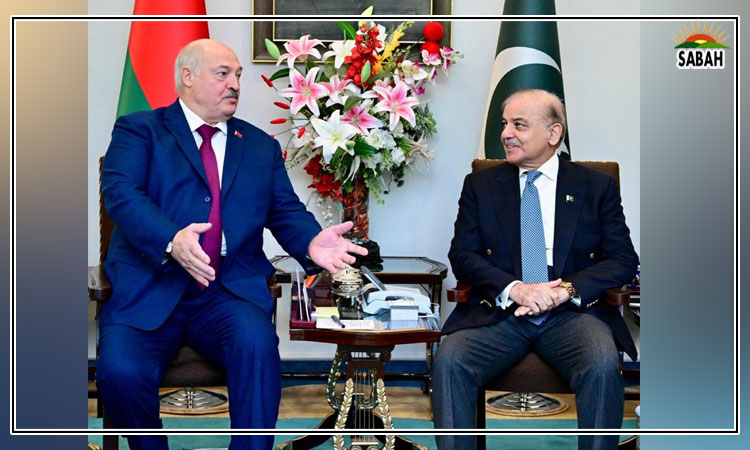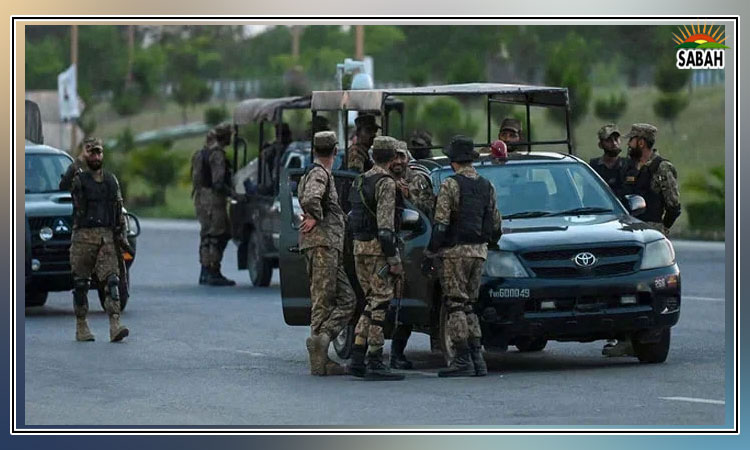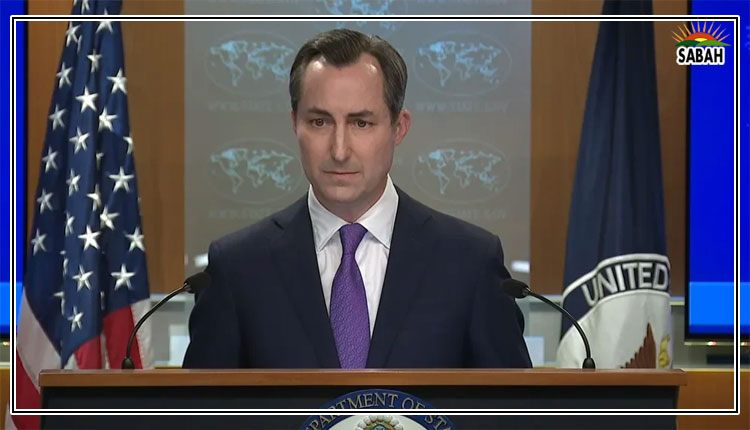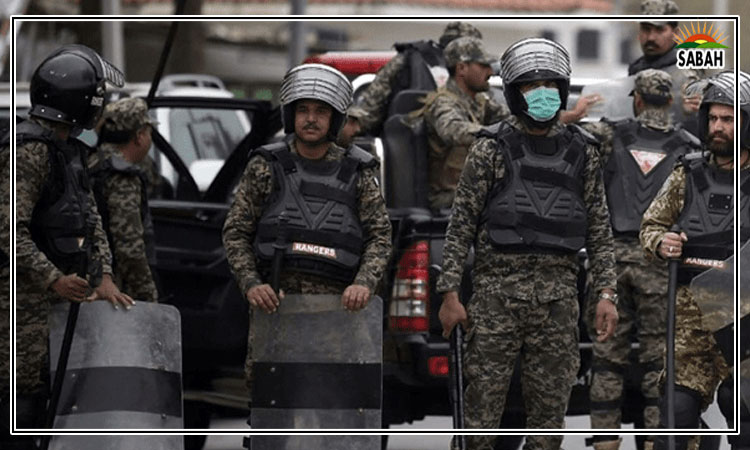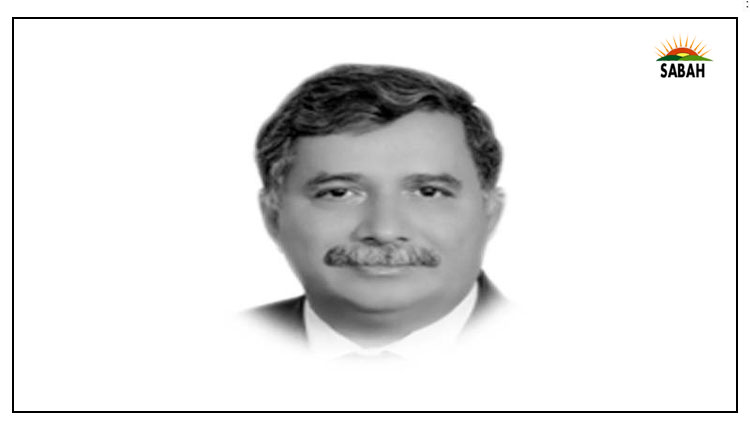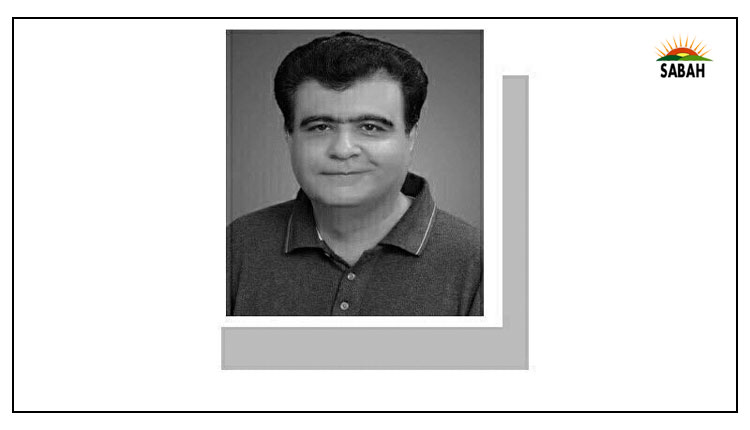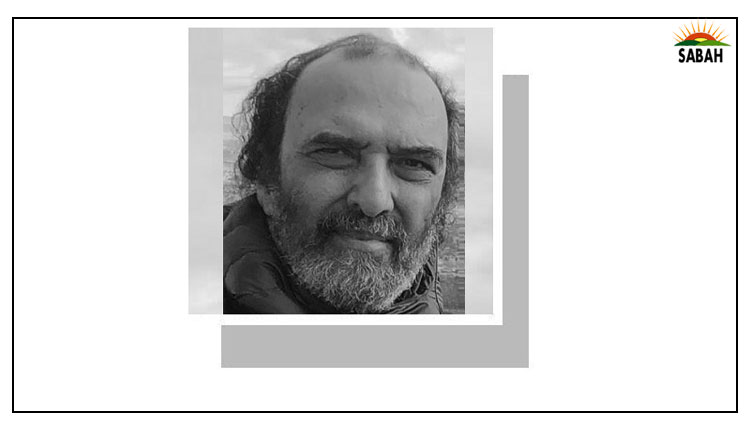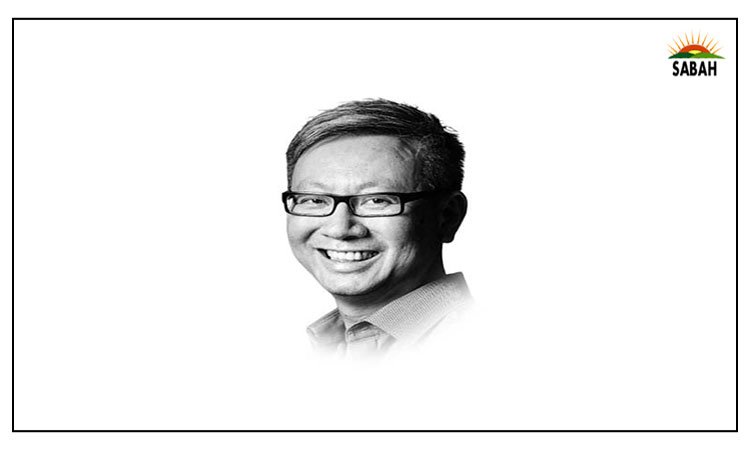Building Back Better in Pakistan…Kim Hor TOH
The real struggle of the 21st century will not be between civilizations, nor between religions. It will be between violence and nonviolence. It will be between barbarity and civilization in the truest sense of the word.
Daisaku Ikeda
In the beginning of this century, Gaza was poised to be the next Singapore of the Middle East. The New York Times even featured an opinion entitled Gaza City-State Could Be Singapore of Mideast to highlight its rapid development. At that time, Palestinians and Israeli factories in the flourishing Erez Industrial Zone were employing thousands of residents in Gaza. The Ministries of Trade and Industry for Palestine and Israel, together with the Palestinian and Israeli private sector, were conducting roadshows to promote the new Karni Industrial Zone on the border of Kibbutz Nahal Oz within Gaza.
Marriott International was also planning of build a five-star hotel on the northern beach of Gaza, given its promising prospects for international tourism. An approval was even given by Kibbutz, Kissufim, to allocate land for the construction of a joint Palestinian-Israeli Womens Hospital on the Gaza-Israel border under the title of Birthing Together.
Unfortunately, history took a wrong turn and we didnt give peace a chance to flourish. For the past few weeks, I have been watching the news with horror about the unfolding tragic humanitarian catastrophe that has resulted in the destruction and death of innocent lives in Gaza.
This brings to sharp focus how crucial peace and security are, as a pre-requisite for sustainable development. Pakistan too has tremendous potential to be a top-ranking economy in the world. In fact, Goldman Sachs published a research paper last year and projected Pakistan to be the sixth largest economy in the world by 2075. Hard to imagine? But I believe that is possible and building back better is the way forward. Hence, we are already master-planning for Pakistan Industrial Development Corporation a future proof Industrial Park at Karachi that would become a catalyst to attract Foreign Direct Investment and be the game changer to revolutionize the manufacturing sector of Pakistan.
Pakistan is also experiencing one of the highest rates of urbanization in South Asia with around 37.7% of its population residing in urban areas. Urbanization will continue to grow rapidly and is already causing a lot of stress to the citys existing infrastructure. One way to ameliorate this is through embracing Smart City Solutions. By providing Punjab Information and Technology Board with a Feasibility Study to transform Lahore into a Smart City, we envisage that Lahore can once again reclaim its glory as a Garden City where its residents can live, work and play in a sustainably built environment enhanced with Smart City Solutions.
Apart from collaborating with the public sector, we also invest our expertise and resources with promising entrepreneurs to develop high social impact projects in Pakistan. We are currently co-creating a 10 acre Life Healthcare City in Islamabad which provides cutting edge regenerative medicine such as stem cell technology to Pakistan. This high social impact project can also promote medical tourism in Pakistan to its neighboring countries.
These are just some of the projects that were currently undertaking in Pakistan and we hope the outcomes can also contribute towards making Pakistan the sixth largest economy in the world by 2075 a reality. On that note, I am reminded of the words of the great twentieth century historian Arnold J Toynbee (1889-1975): But we are not doomed to make history repeat itself; it is open to us, through our own efforts, to give history, in our own case, some new and unprecedented turn.
Courtesy The Express Tribune



